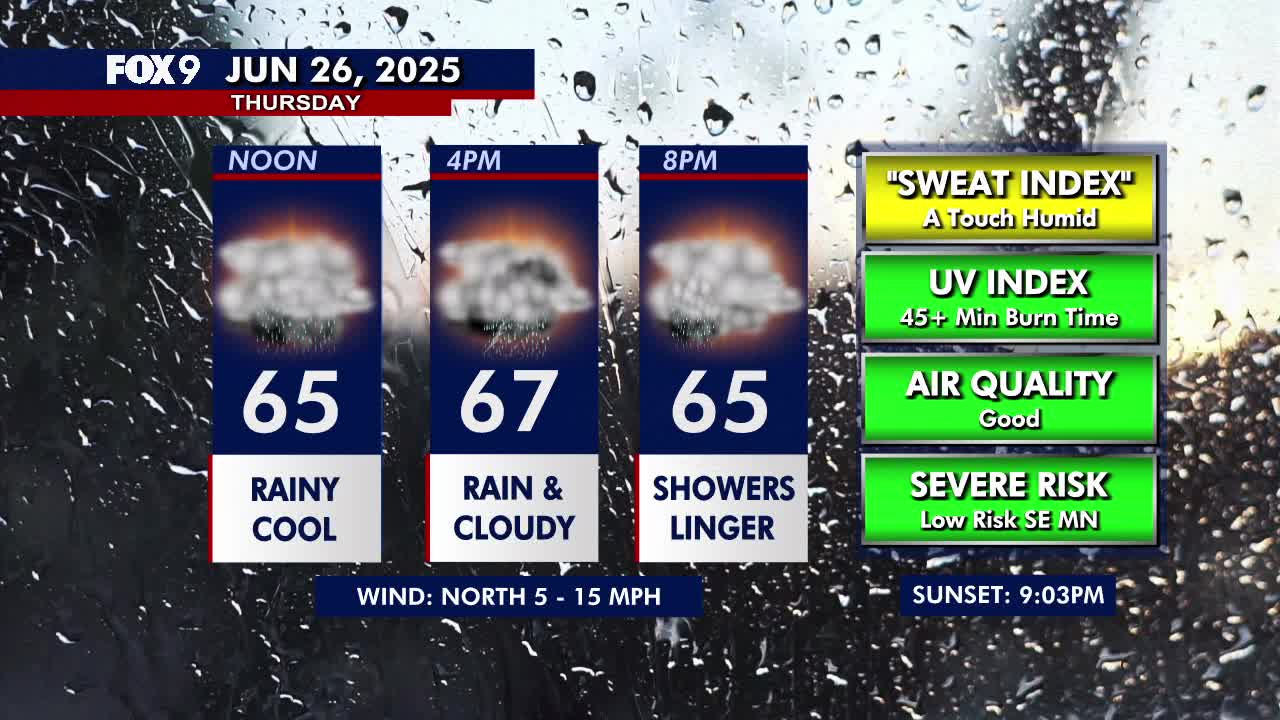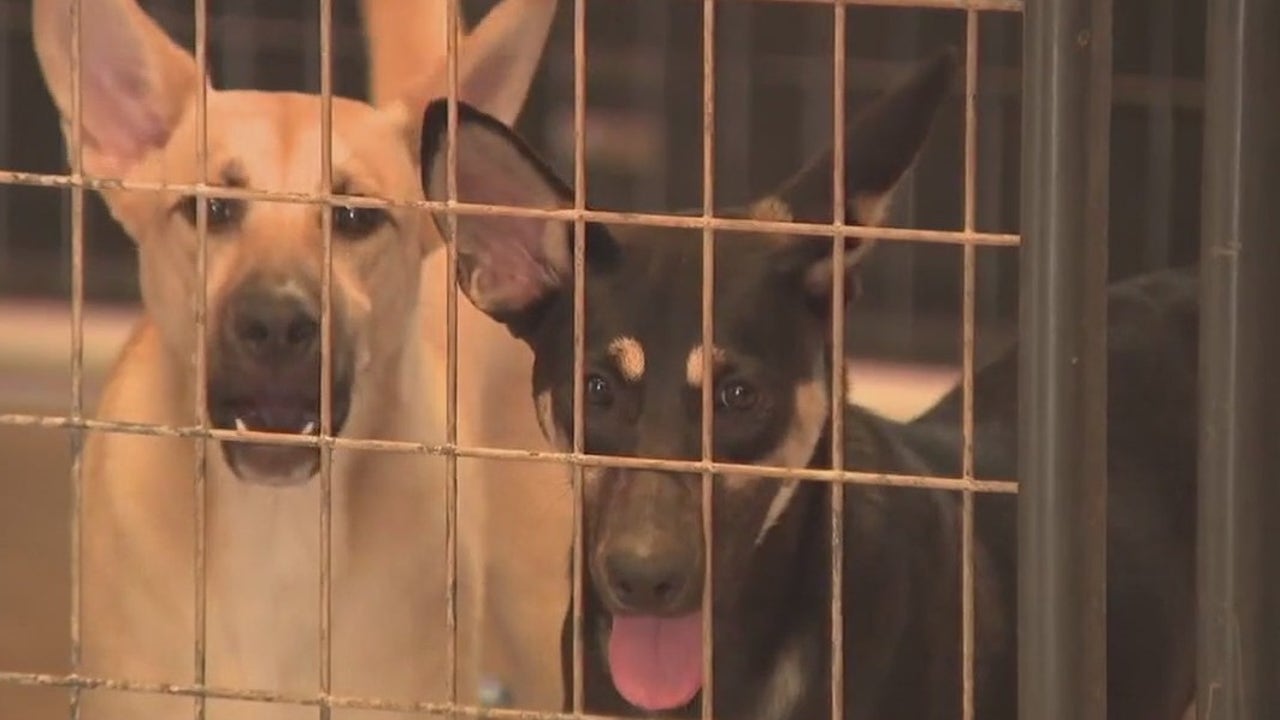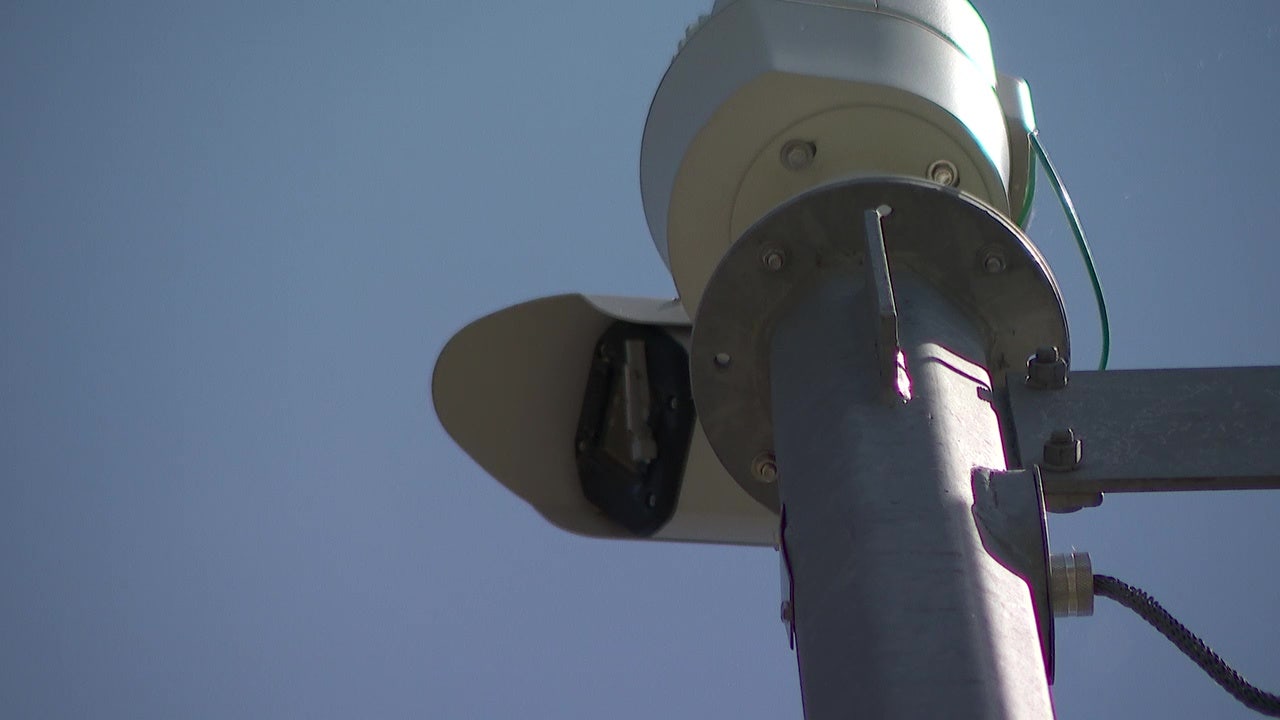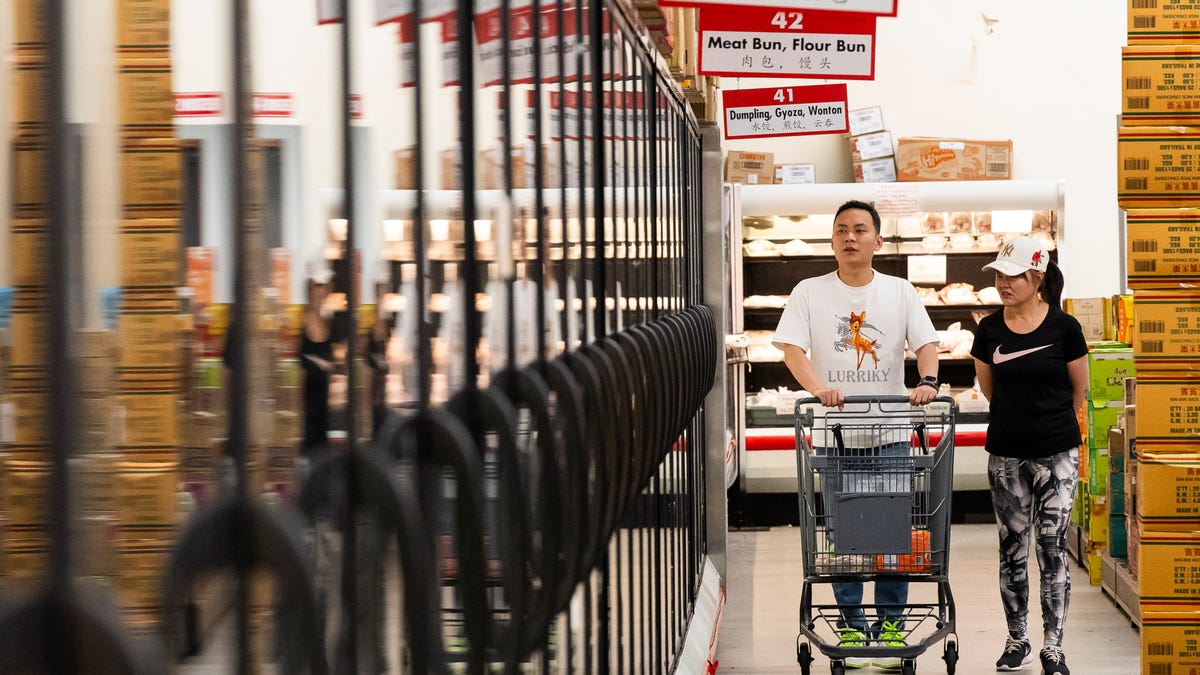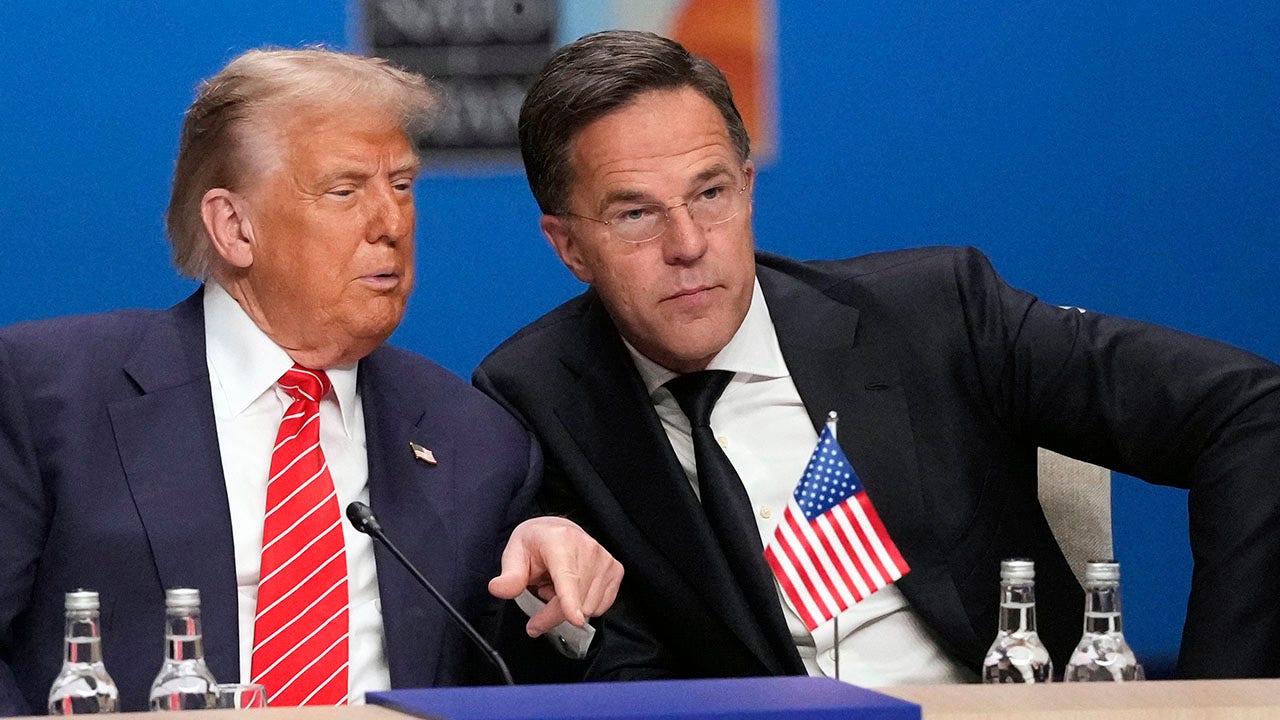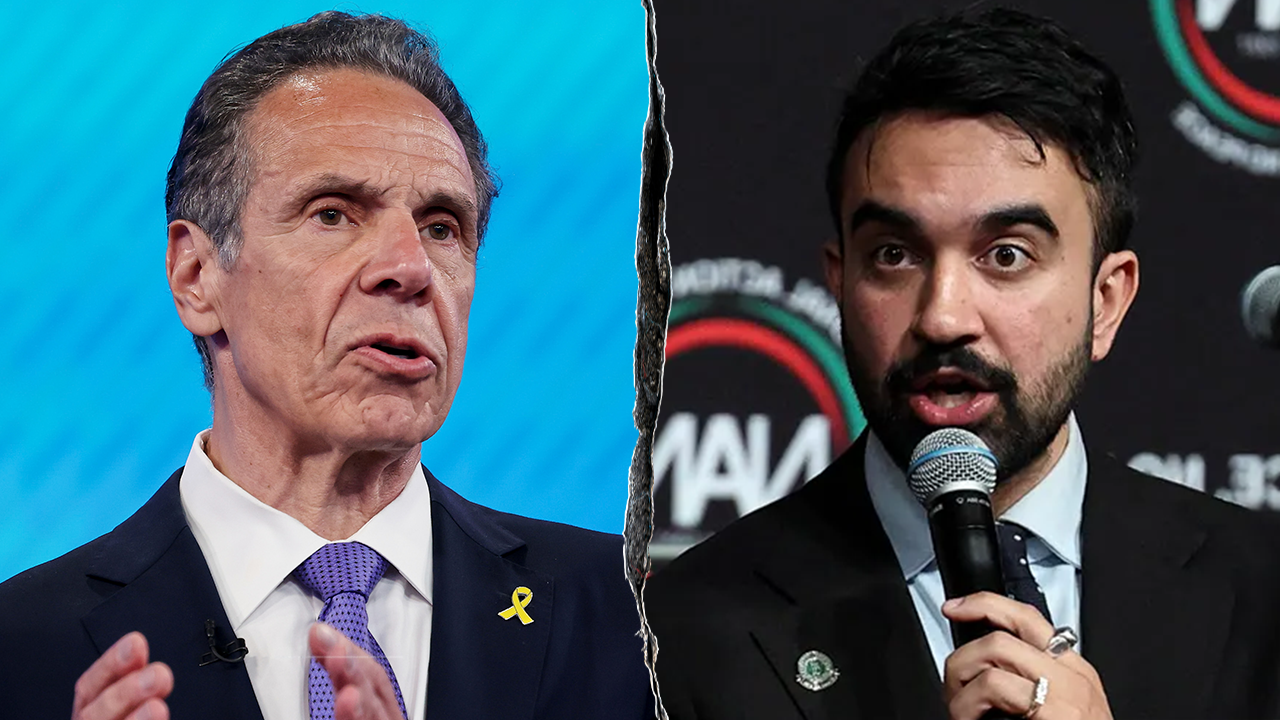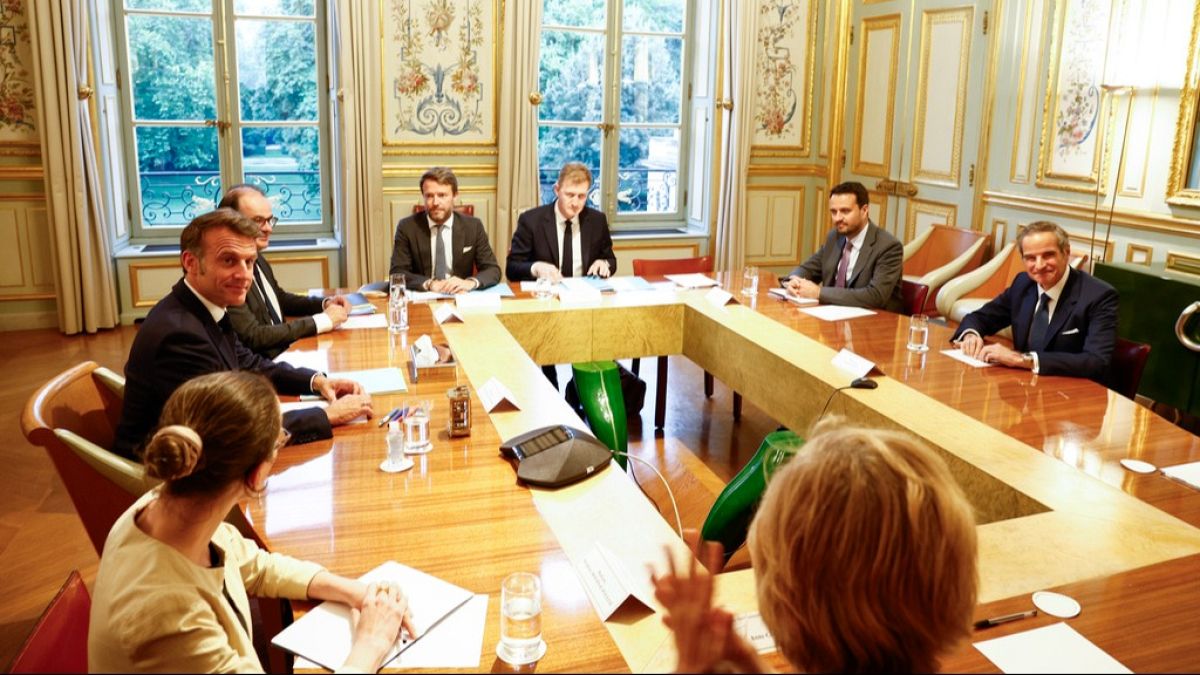Reporting by Krishn Kaushik in New Delhi and Laurie Chen and Martin Quin Pollard in Beijing; Editing by YP Rajesh, John Geddie and Raju Gopalakrishnan
World
Exclusive: China’s Xi likely to skip G20 summit in India
/cloudfront-us-east-2.images.arcpublishing.com/reuters/4DA4TEELSZP3XFFBOVOPCV5MCU.jpg)
President of China Xi Jinping attends the plenary session during the 2023 BRICS Summit at the Sandton Convention Centre in Johannesburg, South Africa on August 23, 2023. GIANLUIGI GUERCIA/Pool via REUTERS/File Photo Acquire Licensing Rights
NEW DELHI/BEIJING, Aug 31 (Reuters) – Chinese President Xi Jinping is likely to skip a summit of G20 leaders in India next week, sources familiar with the matter in India and China told Reuters.
Two Indian officials, one diplomat based in China and one official working for the government of another G20 country said Premier Li Qiang is expected to represent Beijing at the Sept. 9-10 meeting in New Delhi.
Spokespersons for the Indian and Chinese foreign ministries did not respond to requests for comment.
Li is also likely to attend a summit of East and Southeast Asian leaders in Jakarta, Indonesia on Sept 5-7, according to a report from Kyodo.
The summit in India had been viewed as a venue at which Xi may meet with U.S. President Joe Biden, who has confirmed his attendance, as the two superpowers seek to stabilise relations soured by a range of trade and geopolitical tensions.
Xi last met Biden on the sidelines of the G20 summit in Bali, Indonesia last November.
Russian President Vladimir Putin has already announced that he will not be travelling to New Delhi and will send Foreign Minister Sergei Lavrov instead.
One senior government official from host India told Reuters that “we are aware that the premier will come”, in place of Xi.
In China, two foreign diplomats and a government official from another G20 country said that Xi will likely not be travelling for the summit.
Two of these three sources in China said they were informed by Chinese officials, but they were not aware of the reason for Xi’s expected absence.
All officials spoke on condition of anonymity as they were not authorised to speak to the media.
Anticipation of a meeting between Xi and Biden has been fuelled by a stream of top U.S. officials visiting Beijing in recent months, including a trip by Commerce Secretary Gina Raimondo earlier this week.
Another upcoming summit mooted for face-to-face talks between the two leaders is an Asia-Pacific Economic Cooperation Leaders Meeting in San Francisco on Nov. 12-18.
Xi, who secured a precedent-breaking third term as leader last October, has made few overseas trips since China abruptly dropped strict pandemic-induced border controls this year.
He did, however, attend a meeting from leaders of the BRICS group of major emerging economies – Brazil, Russia, India, China and South Africa – in South Africa last week.
Several G20 ministerial meetings in India ahead of the summit have been contentious as Russia and China together opposed joint statements which included paragraphs condemning Moscow for its invasion of Ukraine last year.
Xi and Indian Prime Minister Narendra Modi held a rare conversation on the sidelines of the BRICS meeting in Johannesburg and discussed reducing tensions in the bilateral relationship that soured after clashes along their Himalayan frontier in 2020 left 24 soldiers dead.
Our Standards: The Thomson Reuters Trust Principles.

World
The Simpsons EP Blasts Bogus Reports About Marge’s Death in Season Finale: ‘Misleading Stories Go Viral’

ad
World
Iran's supreme leader slams Trump just days after US strikes on nuclear sites

NEWYou can now listen to Fox News articles!
The ceasefire between Israel and Iran did not stop Iranian Supreme Leader Ayatollah Ali Khamenei from firing off a post on X, slamming President Donald Trump.
“The U.S. president stated, ‘Iran must surrender.’ Needless to say, this statement is too big to come out of the U.S. president’s mouth,” Khamenei wrote.
On June 17, a few days before the U.S. carried out the strikes on Iran’s nuclear facilities, Trump took to Truth Social to demand an “unconditional surrender” from Tehran. In a separate message on the same day, Trump said the U.S. had “complete and total control of the skies over Iran.”
Trump also took a swipe at Khamenei himself, saying that the U.S. knew where the Iranian leader was hiding.
“We know exactly where the so-called ‘Supreme Leader’ is hiding,” Trump wrote. “He is an easy target, but is safe there — we are not going to take him out (kill!), at least not for now. But we don’t want missiles shot at civilians, or American soldiers. Our patience is wearing thin.”
Iran’s Supreme Leader Ayatollah Ali Khamenei speaks in a televised message, after the ceasefire between Iran and Israel, in Tehran, Iran, Jun. 26, 2025. (Office of the Iranian Supreme Leader/WANA (West Asia News Agency)/Handout via Reuters)
THE MISSING MULLAH: IRAN’S ‘SUPREME LEADER’ A NO-SHOW FOR NEGOTIATIONS, THEN HID AS US POUNDED NUKE SITES
“Under President Trump’s leadership, Operation Midnight Hammer was executed perfectly — obliterating Iran’s nuclear capabilities and bringing them to the table for a ceasefire. This historic outcome was only possible because of America’s military might and the strength of our Commander in Chief,” White House Deputy Press Secretary Anna Kelly told Fox News Digital.
Khamenei’s remarks appeared aimed more at projecting strength than reflecting reality.
Following Iran’s attack on Al-Udeid, the American airbase in Qatar, Khamenei bragged that Iran “delivered a heavy slap to the U.S.’s face.” However, Trump called it a “very weak response” before revealing that Iran gave the U.S. “early notice” of its planned retaliation.
“Iran has officially responded to our obliteration of their nuclear facilities with a very weak response, which we expected, and have very effectively countered. There have been 14 missiles fired — 13 were knocked down, and 1 was ‘set free,’ because it was headed in a nonthreatening direction. I am pleased to report that NO Americans were harmed, and hardly any damage was done,” Trump wrote. “I want to thank Iran for giving us early notice, which made it possible for no lives to be lost, and nobody to be injured.”
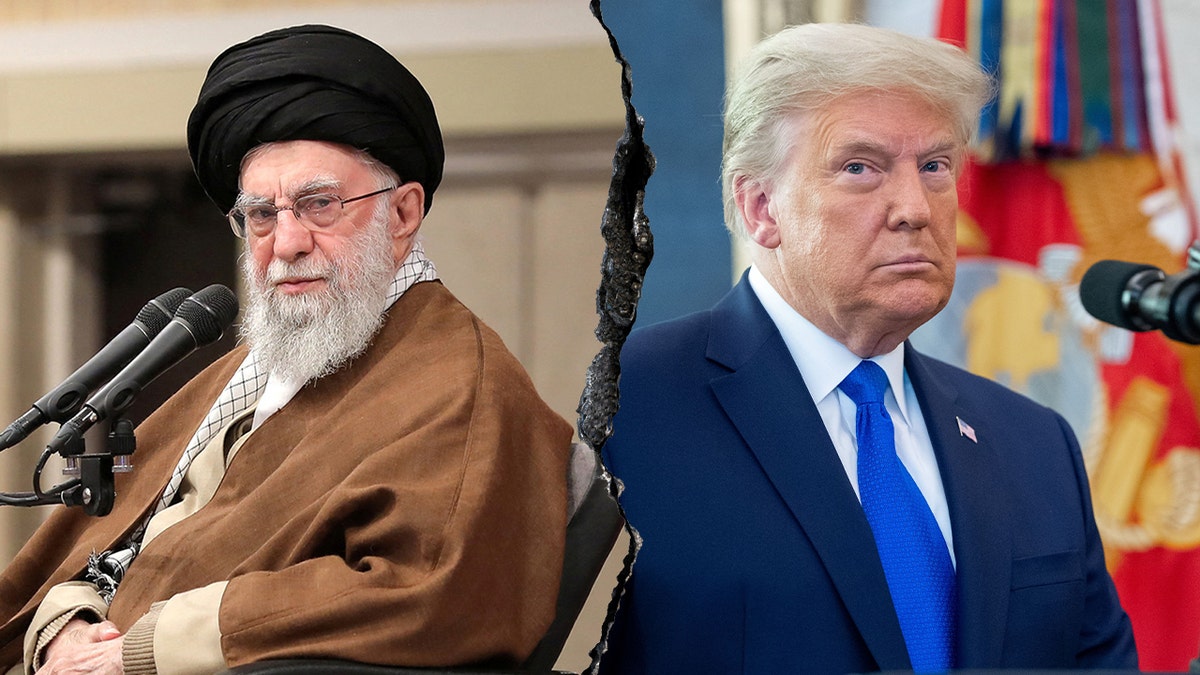
Iran’s supreme leader Ali Khamenei and President Donald Trump consider direct military engagement. Apr. 1, 2025 (Khamenei: West Asia News Agency, Reuters; Trump: SAUL LOEB/AFP via Getty Images)
FRONTRUNNERS EMERGE AS IRANIAN OFFICIALS DISCUSS POSSIBLE SUCCESSORS TO KHAMENEI: REPORT
Since Israel launched its operation against Iran, Khamenei has been in hiding and, according to Reuters, his family is being guarded by the Vali-ye Amr special forces unit of Iran’s Revolutionary Guard Corps. Some believed — and even hoped — that the end of the nuclear program would also mean the end of the Islamic Republic’s rule; however, reports of an internal security crackdown have made the possibility of regime change seem less likely.
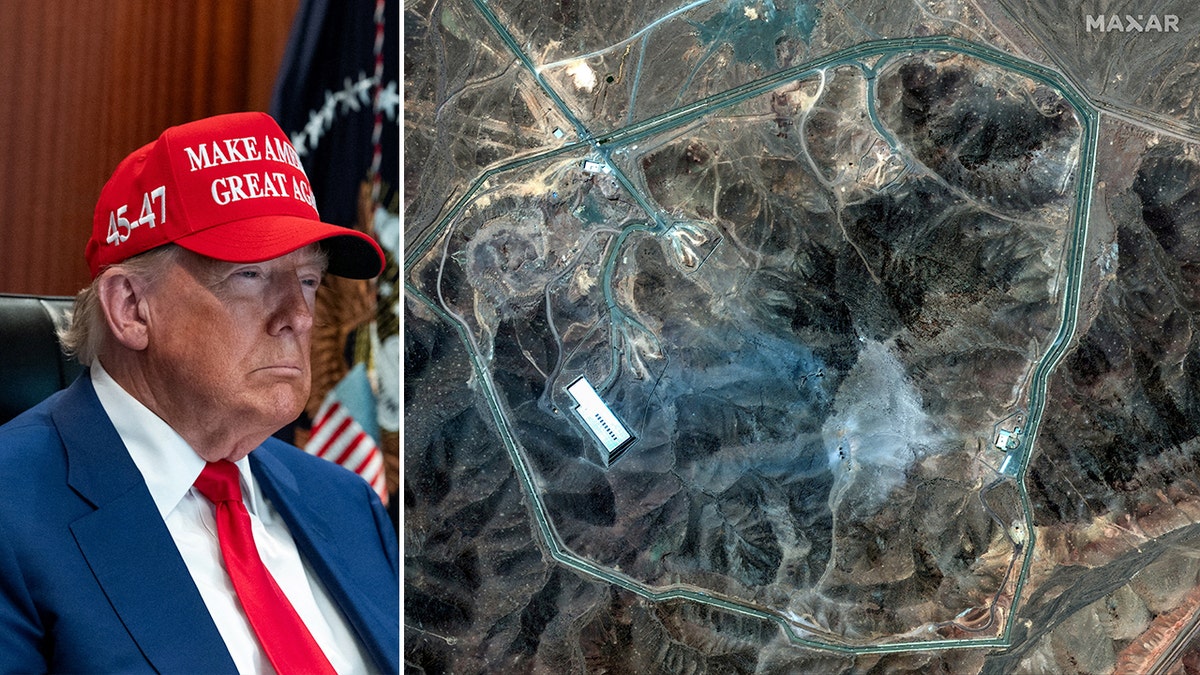
President Donald Trump is shown in the Situation Room next to an image of the damage done to Iran’s Fordow nuclear facility on Jun. 21, 2025. (The White House; Maxar Technologies via Reuters)
The regime is reportedly carrying out mass arrests and executions. The Human Rights Activists News Agency (HRANA) said Monday that 705 individuals had been arrested in Iran on “political or security-related charges.” Many of the charges involve allegations of espionage on behalf of Israel.
Three people have reportedly already been executed for allegedly spying on behalf of the Mossad, Israel’s equivalent of the CIA, NBC News reported, citing Tasnim, which is affiliated with the IRGC.
World
Searching for healing: Inside one of the last hospitals in Haiti’s capital

The most peaceful area in the entire hospital was a small patio at its centre, where patients rested on benches beneath a wooden pagoda. Nearby, a small, colourful obstacle course helped survivors regain their mobility after surgery and other intensive treatments.
That’s where we met four-year-old Alexandro and his mother, Youseline Philisma.
Alexandro was just one month old when an armed group set fire to the displaced persons camp where they were living. He was plucked from the flames, alive but severely burned.
Since then, Youseline had been taking him to Tabarre’s burn unit — the only one left in the country.
“When I come to the hospital, it’s another world. Everybody understands my little one. Everyone gives us a lot of love,” she told us.
Alexandro will need the burn unit’s care for the rest of his life. Surgeon Donald Jacques Severe is among the doctors treating him.
Severe could leave the country. His wife and children have already done so, departing four years ago for the United States. Armed fighters had overrun their home. Severe himself has a visa to live in Canada. But so far, he has not left.
His fellow surgeon, Xavier Kernizan, tried to explain the sense of duty he and Severe share.
“We know that if we’re not here, someone will struggle,” Kernizan said.
“Personally, we are close to burnout. Sometimes we are close to depression. But there is also this satisfying feeling of having helped to improve someone’s daily life, of offering a little hope to someone in their darkest moments.”
But if the security situation continues to deteriorate, it is impossible to know whether Tabarre Hospital will survive.
On April 11, my documentary team and I drove out of the hospital gates for the first time in a week. We were heading to Petion-Ville, one of the few places in Port-au-Prince still under government control.
There, we walked across a football pitch near the Karibe Hotel, where a helicopter from the World Food Programme picks up passengers. It’s the only way out of the capital right now.
We clambered into the helicopter, its rotors began their churn, and the Haitian capital began to grow smaller as we rose into the air, sailing above the bubble of violence below. I remember feeling relief.
The staff at the hospital stayed behind. They have no intention of leaving.
-

 Arizona1 week ago
Arizona1 week agoSuspect in Arizona Rangers' death killed by Missouri troopers
-
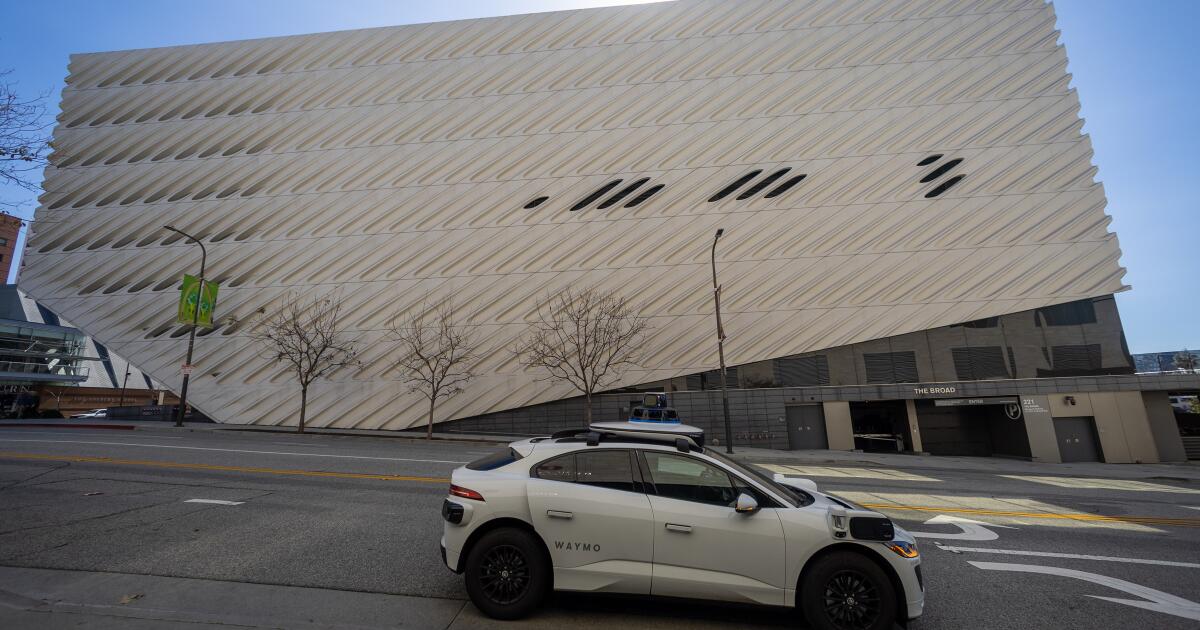
 Business7 days ago
Business7 days agoDriverless disruption: Tech titans gird for robotaxi wars with new factory and territories
-

 Business1 week ago
Business1 week agoProtesters are chasing federal agents out of L.A. County hotels: ‘A small victory’
-

 Technology1 week ago
Technology1 week agoSenate passes GENIUS stablecoin bill in a win for the crypto industry
-

 Technology1 week ago
Technology1 week agoOpenAI awarded $200 million US defense contract
-
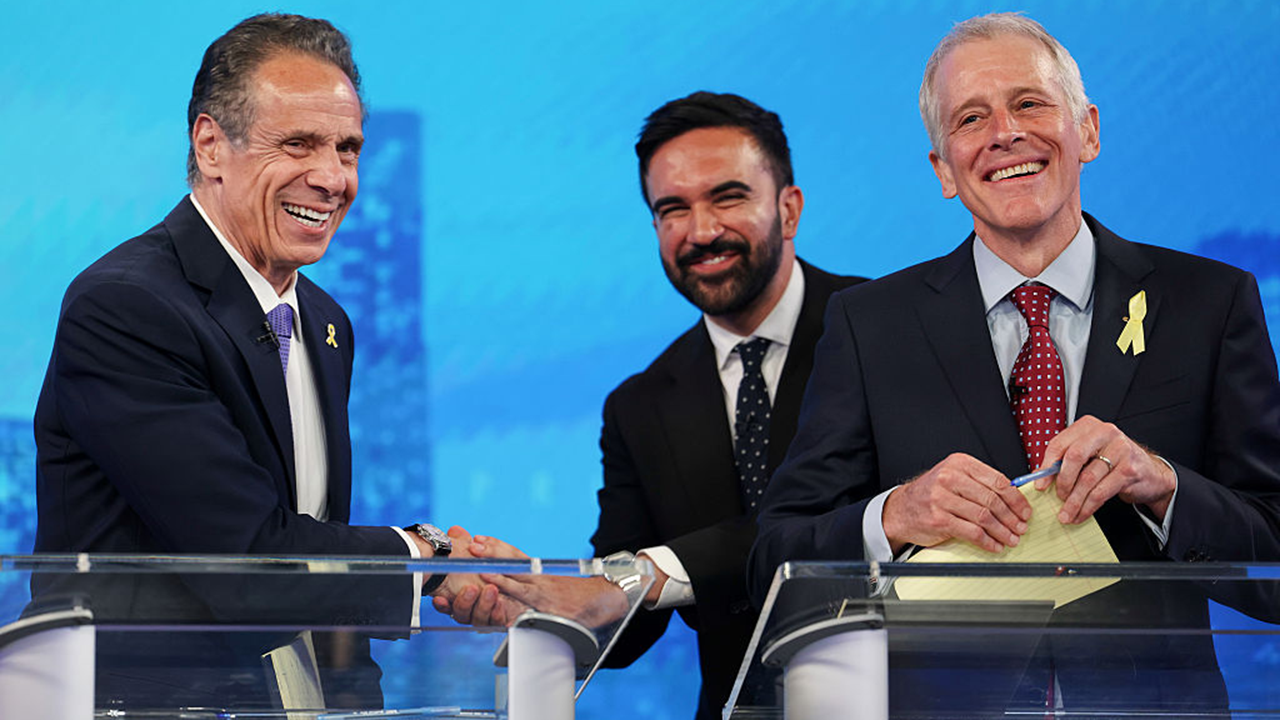
 Politics1 week ago
Politics1 week agoCuomo team denies AOC’s claim he’s using NYC mayor run as a springboard to the White House
-

 News1 week ago
News1 week agoVideo: Inside Trump’s Shifting Stance on Iran
-

 Technology7 days ago
Technology7 days agoSpaceX Starship explodes again, this time on the ground

